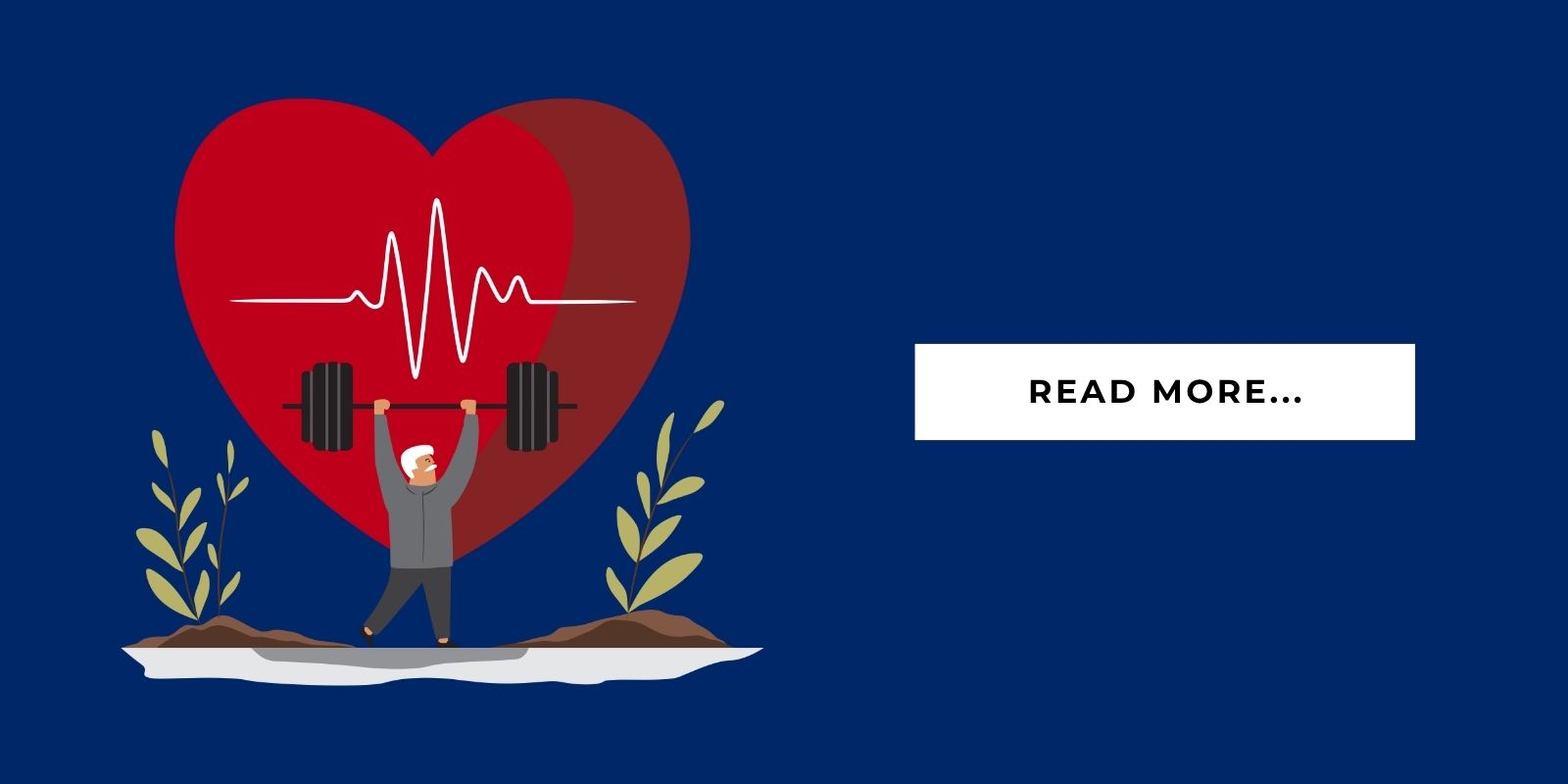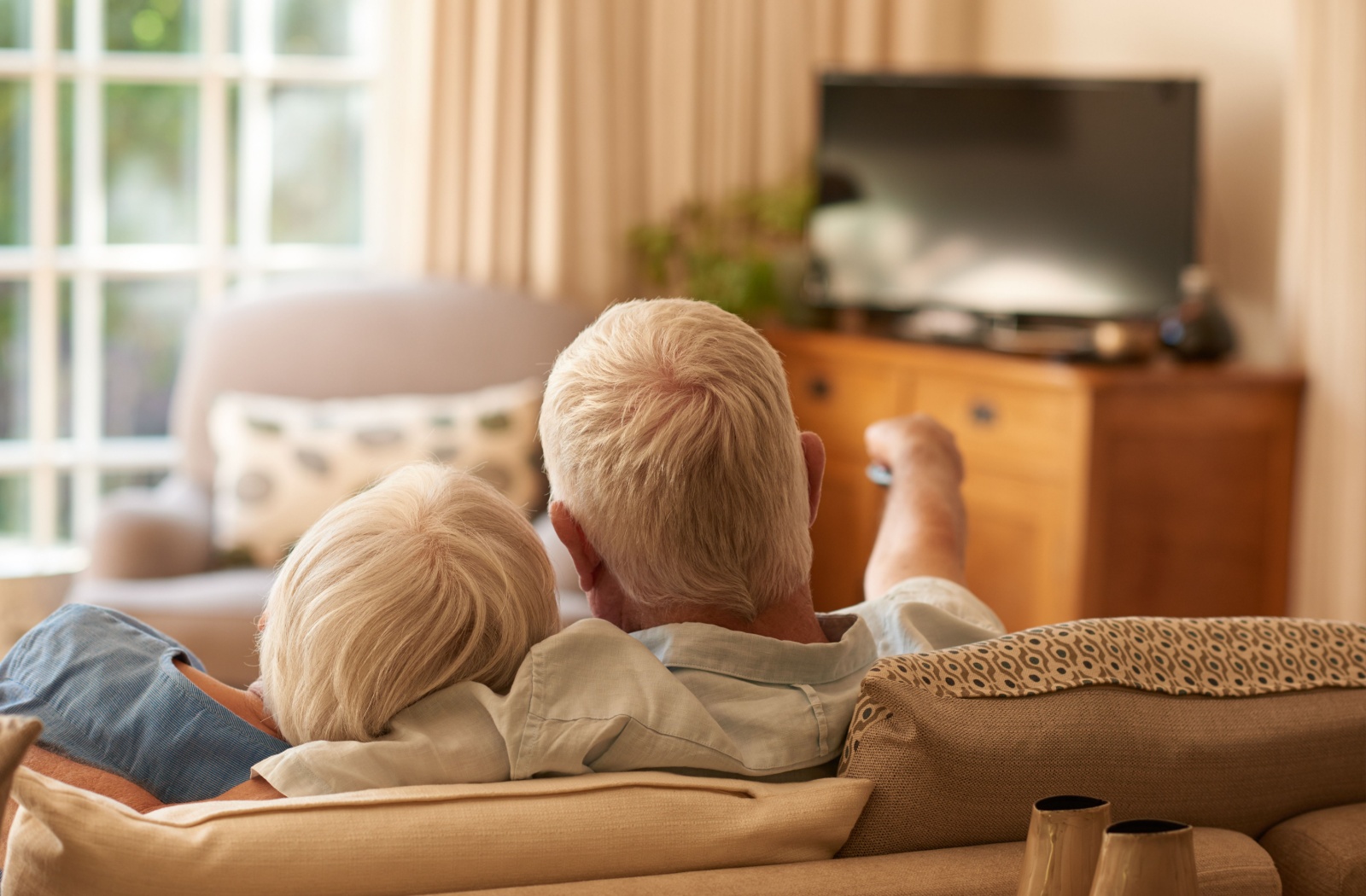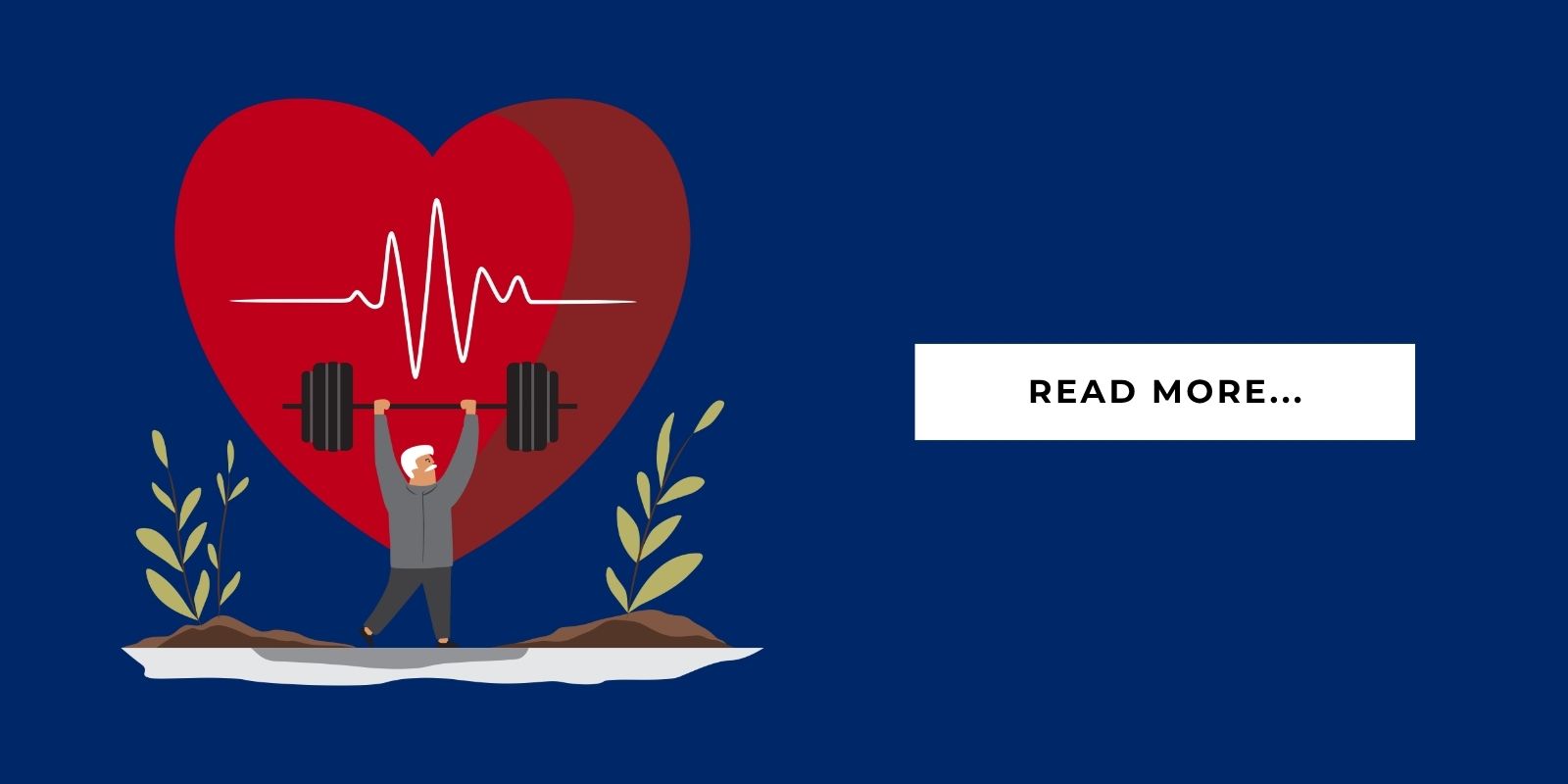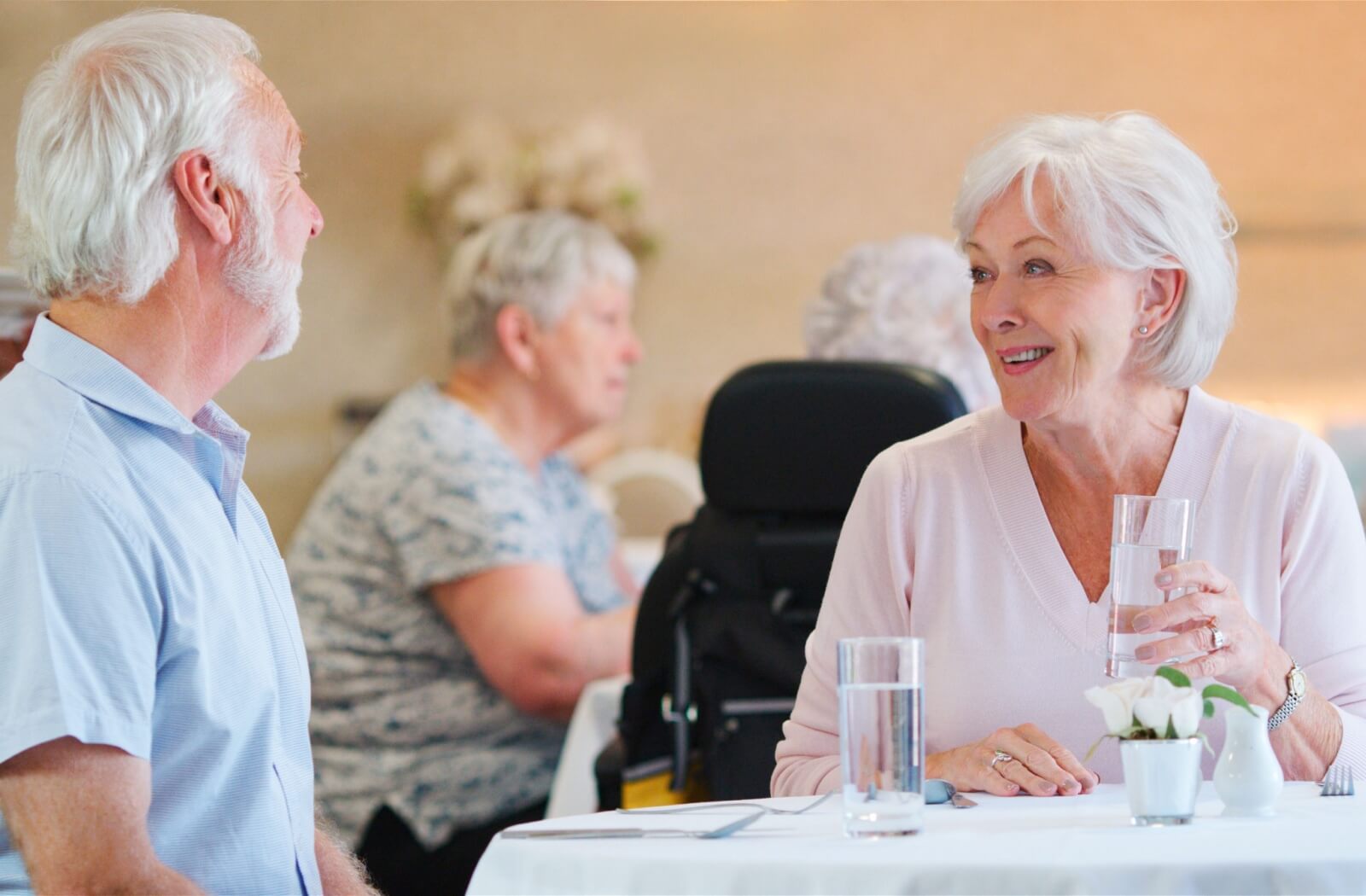


Understanding Memory Care Options for Alzheimer’s Patients

Seasonal Foods That Boost Senior Immunity

Understanding Osteoporosis and Bone Health

9 Movies About Alzheimer’s Disease

Managing Stress for Better Senior Health

What Causes Alzheimer’s Disease?

How Dining Programs Support Resident Wellness

Designing Daily Schedules That Reduce Anxiety in Memory Care





